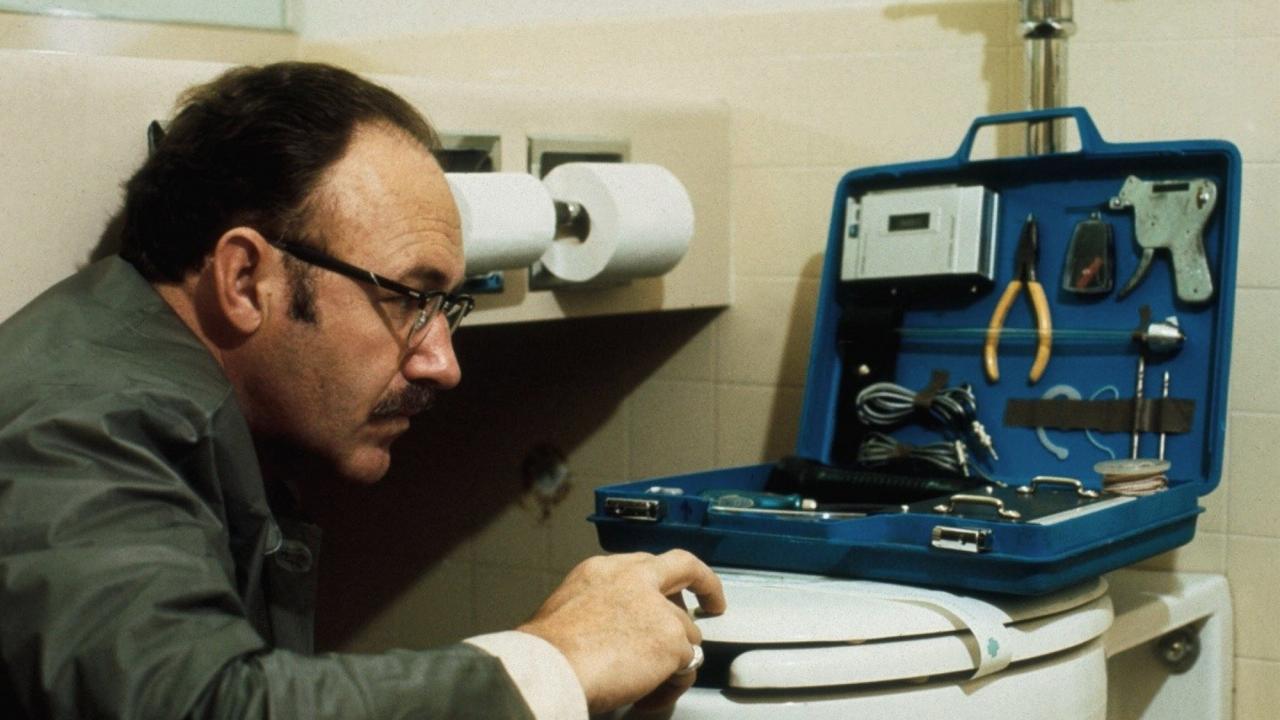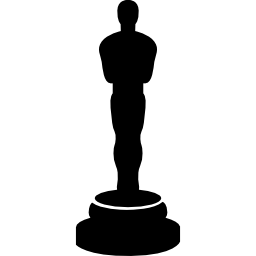Released in between Francis Ford Coppola’s famed Godfather trilogy, The Conversation is the director’s undersung gem of a film. It follows surveillance agent Harry (Hackman) as he obsesses over a conversation he’s asked to record. Hyperaware of how privacy is rendered useless by people like him, he starts to get overly suspicious about everything and everyone. A birthday card is greeted with hostility instead of warmth. A lover interested in his inner life is seen as a threat to his guarded persona. Paranoia eats at him from the inside, and yet he loves what he does. He’s great at it after all. The Conversation poses a moral question—should Harry interfere and save someone he thinks might be in danger?—but it works best as a thriller. The pacing is slow then sudden; the climax crashes onto you with a severity that will make you hit pause. Crucial to all this is the impeccable score and editing, both by Walter Murch. Fewer films than this have been able to make those two aspects stand out. The ending is also one of the most memorable in recent cinema.
Synopsis
A paranoid, secretive surveillance expert has a crisis of conscience when he suspects that the couple he is spying on will be murdered.
Storyline
Surveillance specialist Harry Caul (Gene Hackman) is hired to record a conversation between a young couple, but he finds himself in a moral quandary when he realizes his recording might put innocent people in danger.
TLDR
Harry Caul would’ve bust a vein if he found out we basically live in a privacy-free surveillance state.
What stands out
Anyone else notice how the The Conversation score, composed by David Shire, sounds a lot like AppleTV+’s Severance score?














I like slow burns, but this movie burned at a glacial pace ????